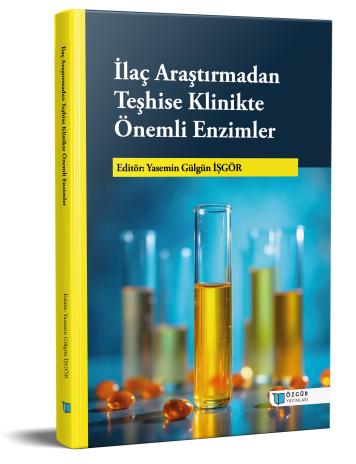
Enzymes in Inflammatory Processes and the Therapeutic Potential of Omega-3 Fatty Acids
Chapter from the book:
İşgör,
Y.
G.
(ed.)
2025.
Clinically Important Enzymes from Drug Research to Diagnosis.
Synopsis
Inflammation is a physiological response that protects the organism against infection and tissue injury; however, when it becomes chronic, it underlies the pathogenesis of many degenerative and metabolic diseases. In this process, enzymes such as cyclooxygenase (COX), lipoxygenase (LOX), and matrix metalloproteinases (MMPs) play central roles in sustaining the proinflammatory response. Additionally, inducible nitric oxide synthase (iNOS), nicotinamide adenine dinucleotide phosphate oxidase (NOX), phospholipase A₂ (PLA₂), myeloperoxidase (MPO), caspase-1, elastase, a disintegrin and metalloproteinase with thrombospondin motifs (ADAMTS), and hyaluronidase further exacerbate inflammation through mechanisms involving oxidative stress, extracellular matrix degradation, and inflammasome activation. In recent years, nutrition has been highlighted as a crucial modulator of these biochemical pathways. In particular, omega-3 fatty acids have been shown to attenuate inflammation mediated by these enzymes, thereby offering therapeutic potential for the management of chronic inflammation.

